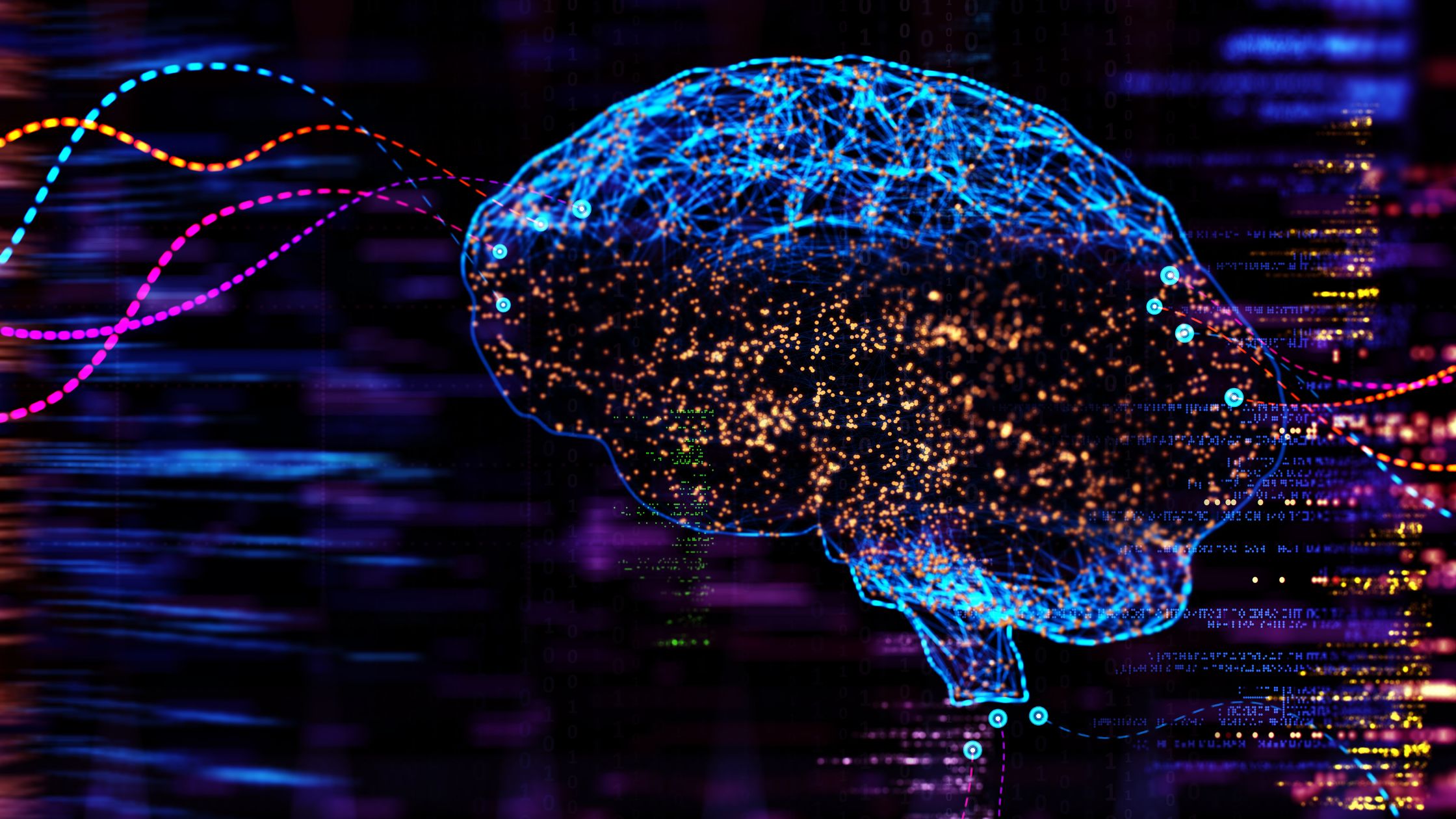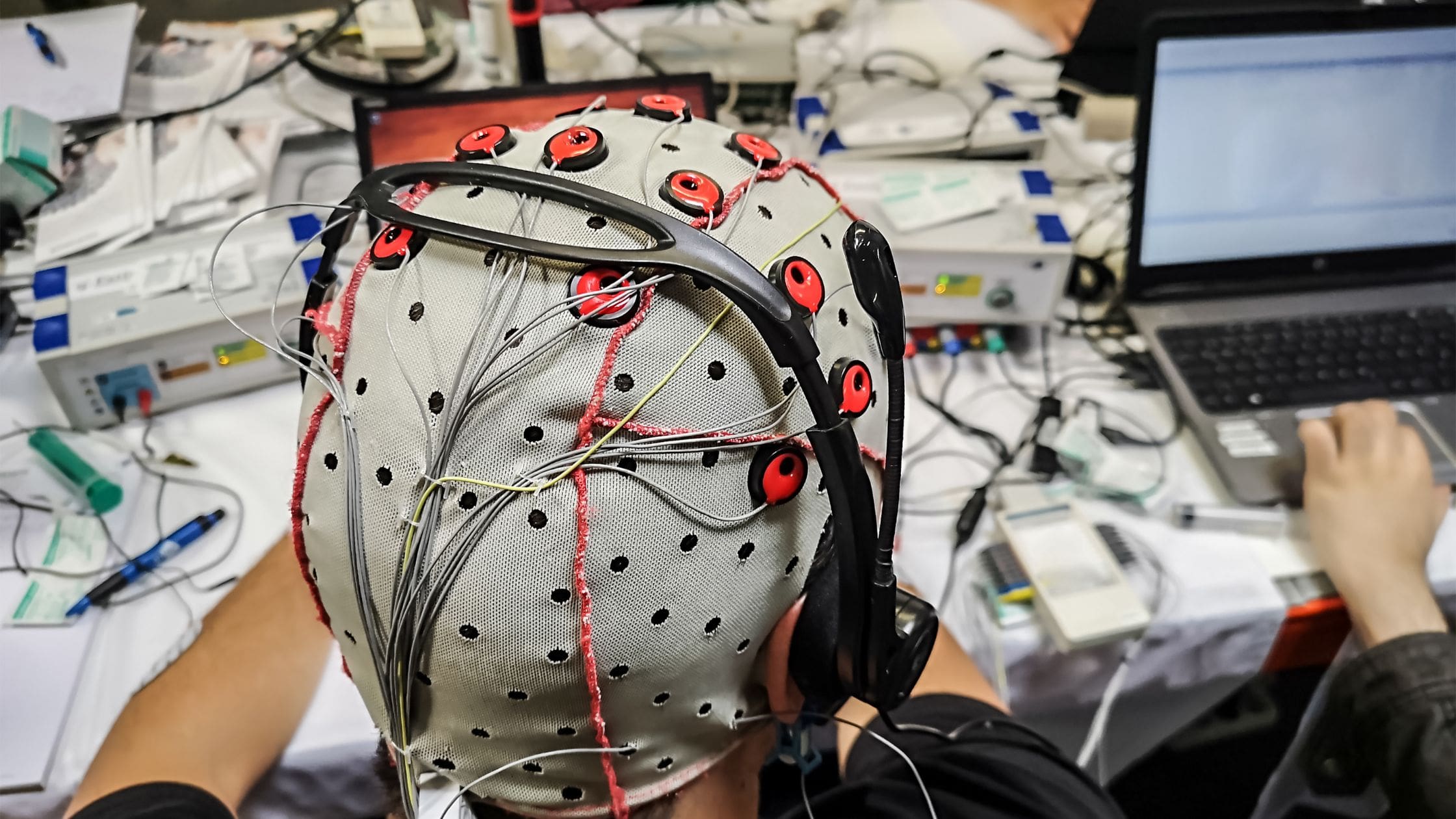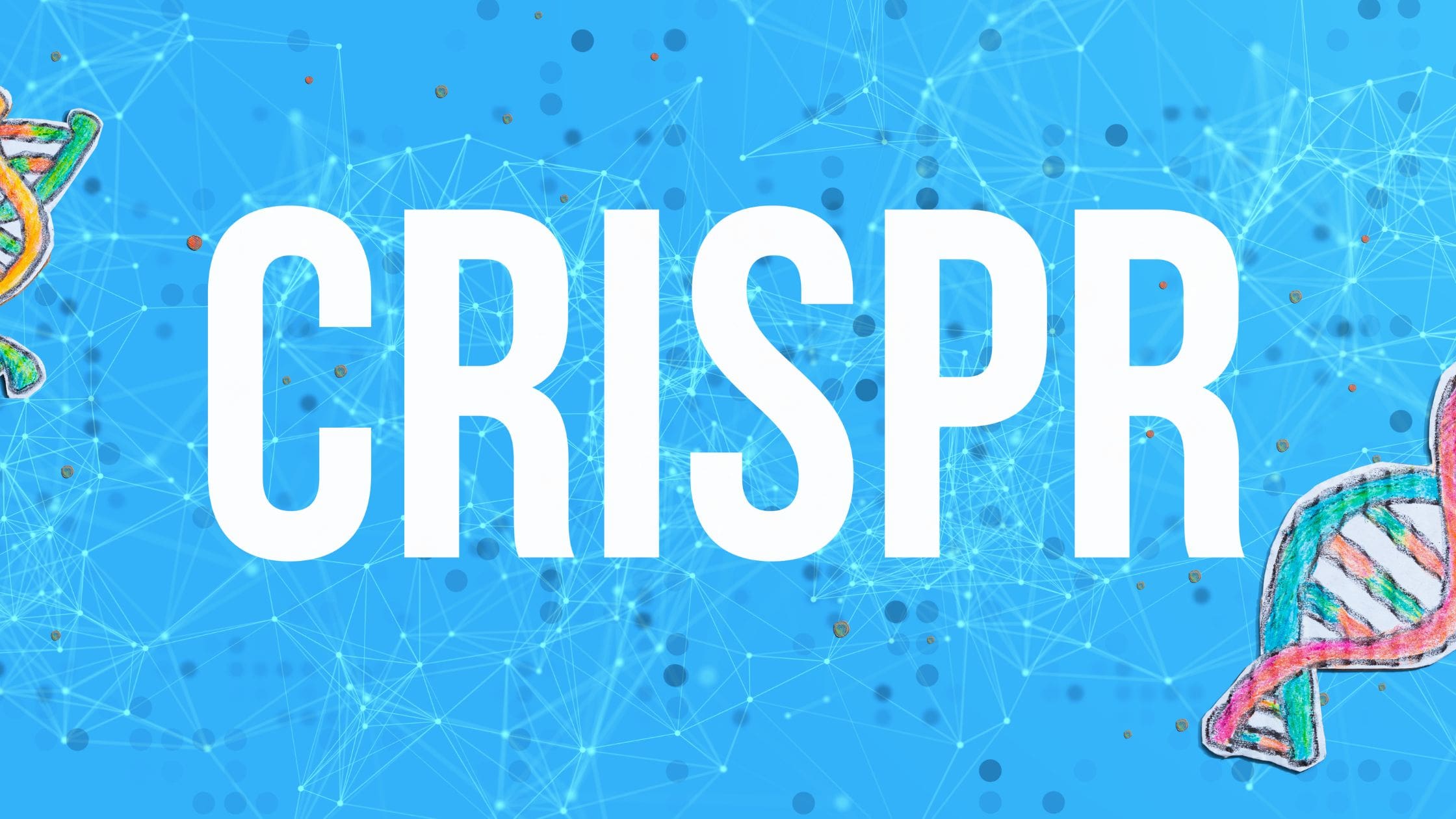Brain-Computer Interfaces (BCIs) have emerged as a groundbreaking technology, bridging the gap between the human brain and computers. These interfaces can potentially revolutionize various aspects of our lives, from healthcare to entertainment. One intriguing possibility is the ability to stream knowledge directly into the human brain using BCIs. This article explores the concept of streamable knowledge with BCIs, its current state, and its potential implications on society.
The Current State of Brain-Computer Interfaces
Before delving into the idea of streamable knowledge, it is essential to understand the current capabilities of BCIs. As explained by HowStuffWorks.com’s article “Brain-Computer Interfaces,” BCIs utilize sensors to detect and interpret electrical signals from the brain. These signals are then translated into commands that computers or other external devices can understand. Currently, BCIs have primarily been used to help individuals with disabilities regain communication or motor skills, such as moving prosthetic limbs or controlling computer
interfaces.
The Concept of Streamable Knowledge
The concept of streamable knowledge with BCIs raises intriguing questions about the potential for directly accessing and transferring information into the human brain. Imagine a world where learning complex subjects becomes as simple as downloading data into our minds, bypassing traditional education methods. While this idea may sound like science fiction, ongoing research suggests that it may not be entirely out of reach.
Neuroscientists and engineers are already developing BCIs to enhance learning capabilities and memory retention. For example, experiments have shown that it is possible to stimulate specific brain regions to facilitate learning and memory formation. By combining these advancements with BCIs, it may become possible to stream knowledge directly into the brain, accelerating the learning process and potentially expanding the limits of human cognition.
The Potential Implications
If the idea of streamable knowledge becomes a reality, it will undoubtedly have profound implications for various fields. Education, in particular, stands to be revolutionized. Traditional learning methods could be supplemented or even replaced by direct knowledge transfer via BCIs. This would offer unprecedented opportunities for individuals to acquire new skills rapidly and efficiently, democratizing access to education on a global scale. However, it also raises concerns about the potential homogenization of knowledge and the erosion of critical thinking and creativity.
Streamable knowledge may extend beyond education. In professions where continuous learning is crucial, such as medicine or engineering, BCIs could provide instant access to the latest research, guidelines, and procedures. This could enhance decision-making capabilities and improve outcomes, ultimately benefiting society.
Ethical Considerations and Challenges
While the prospect of streamable knowledge with BCIs holds great promise, it also raises ethical considerations and challenges. Privacy and security concerns emerge, as the direct interface between the brain and external devices could create vulnerabilities. Safeguarding personal thoughts and intellectual property becomes paramount in a world where information can be directly accessed and shared.
Additionally, the potential for manipulation and abuse must be addressed. If knowledge can be streamed, who controls the information being transmitted? How can we ensure that the knowledge being acquired is accurate and unbiased? These questions highlight the need for robust regulatory frameworks to prevent the misuse of this technology.
Brain-Computer Interfaces have already transformed the lives of individuals with disabilities, but the concept of streamable knowledge opens up a realm of possibilities for society at large. While still in the realm of speculation, ongoing research and advancements in BCI technology suggest that the idea of directly transferring knowledge into the human brain may not be too far-fetched. However, the realization of streamable knowledge also comes with ethical challenges that must be addressed.
As we navigate the potential future of streamable knowledge with BCIs, it is essential to strike a balance between the incredible opportunities it presents and the ethical considerations it raises. Rigorous research, collaboration between scientists, ethicists, and policymakers, and public engagement will be vital in shaping this technology’s responsible development and deployment.
While streamable knowledge may still seem like a distant concept, it is crucial to remain informed and open to the possibilities that emerging technologies like BCIs can bring. Streamable knowledge with BCIs holds the potential to revolutionize how we acquire and process information, enhancing human potential and opening new frontiers of knowledge.




